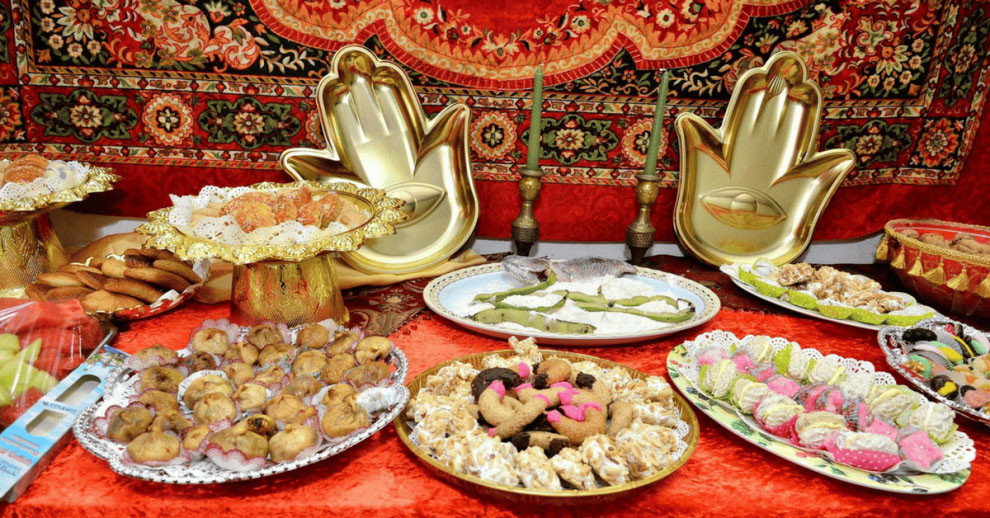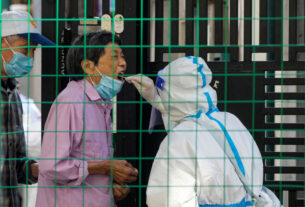In April 1948, on the last Passover before Israel declared her independence just a few weeks later, Rabbi Uziel extended an olive branch to the Muslim world:
“I reach out to our Arab neighbors in peace, for our sole desire is to live together with you in this Holy Land that is sacred to all nations. Passover teaches us to love all those around us, including our declared enemies, as it is written: ‘You shall not abhor an Egyptian, for you were a stranger in his land’ (Deuteronomy 23:8)
Let us put our differences behind us and instead engage together in fruitful labor for the sake of peace for all inhabitants of this land. Let us work together, using all of our diversity in religion, beliefs, customs and languages, so that we can build and assure absolute freedom and equality for all inhabitants in this land. Let us together recognize that God is the ultimate ruler over the earth, for we are all guests in God’s world.”
I wonder what the atmosphere was like at Mimouna in 1948, weeks before the outbreak of Israel’s War of Independence? I ask, because beyond the colorful kaftans, tasty mofletas and lavish sweet tables, the deeper message of Mimouna is peaceful relations between Jewish and Muslim neighbors.
In a conversation with Rabbi Eliyahu Marciano, Israel’s foremost expert on Mimouna, he recalled that “In Morocco, at the conclusion of Passover, our Muslim neighbors would come to Jewish homes with leaves of fresh sheba vine and nana (mint), flour, milk, honey and fresh fish. They helped us launch Mimouna, would wish us a blessed celebration, and asked us to bless them.”
My father’s descriptions of Mimouna in Marrakesh were exactly the same.
Rabbi Marciano has written three books on Mimouna, one titled “Mimouna: The Holiday of Reconciliation and Reunification.”
“These timeless themes have particular relevance today”, he told me. “We had cordial relations with our Muslim neighbors in Morocco, and Mimouna serves as a powerful reminder of that, still today, for Israelis of all backgrounds.”
I imagine that this peaceful vibe from Morocco was missing in the Mimouna of the war torn Israel of 1948, and sadly, 77 years and many wars later, it’s still missing in the war torn Israel of 2025.
But as a proud Moroccan Jew who has celebrated Mimouna my entire life – with guests from all faiths in my home – and now celebrates Mimouna living in Israel, I will continue to pray for the return of that peaceful vibe from Morocco.
While I taste the butter-filled date and honey-drizzled mofleta, I will pray that this beautiful Land of Israel, and all of its inhabitants from all faiths, be blessed with the sweetness of peace.
Tirbah u’Tissad…and Shalom.
Rabbi Daniel Bouskila is the international director of the Sephardic Educational Center.




